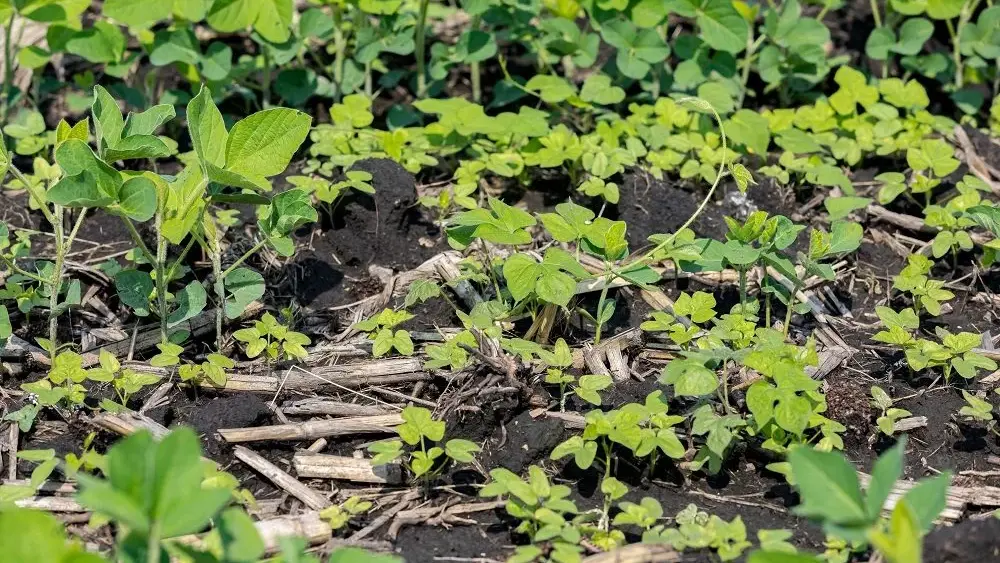
Volunteer recruitment efforts are underway for farmers in the Saginaw River watershed to participate in a $1 million effort to increase adoption of nutrient management practices on farm fields as part of a Michigan State University’s Institute of Water Research (IWR) project underwritten by the U.S. Environmental Protection Agency.
In addition to IWR, Michigan State University Extension, The Nature Conservancy, Michigan Department of Agriculture and Rural Development, Michigan Farm Bureau, Michigan Association of Conservation Districts, River Raisin Watershed Council and conservation districts in Gratiot, Genesee, Saginaw and Shiawassee are collaborating in the project, according to Tess Van Gorder, associate policy and regulatory specialist with Michigan Farm Bureau.
“The funds will allow MSU to develop and implement a program to increase adoption of nutrient management practices in the Saginaw River watershed through peer-to-peer farmer networks in the watershed,” Van Gorder explained. “The project’s goal is to implement nutrient management practices on at least 7,800 acres.”
As the single largest contributor to the Saginaw Bay, Van Gorder says the Saginaw River watershed has a significant impact to the ecological health of Saginaw Bay and its tributaries, Lake Huron and the entire Great Lakes ecosystem.
“Saginaw Bay serves as Lake Huron’s most important source for several fish species,” Van Gorder said. “At the same time, it is surrounded by what USDA classifies as prime farmland representing over 45% of the watershed’s land base.”
MSU Extension will support building peer-to-peer farmer networks around existing farmer leaders to greatly improve adoption of nutrient management practices and reach farmers looking to improve nutrient management techniques.
“When farmers participate in this program, they will be forming farmer-led groups working towards a common goal within the watershed – improving water quality,” Van Gorder explained. “These peer-to-peer will focus on practices that can be implemented to decrease excess nutrient and sediment runoff.”
The program also has a small pool of funding available to producers to share the cost of implementing nutrient management and related conservation practices that minimize nutrient loss from farm fields in the watershed.
If you are a farmer in the watershed and are interested in getting involved, please contact:
Jeremiah Asher
Assistant Director, MSU Institute of Water Research
Email: asherjer@msu.edu
Office phone: 517-432-5586
Connor Crank
Project Coordinator, MSU Institute of Water Research
Email: crankcon@msu.edu
Cell phone: 517-574-1805






